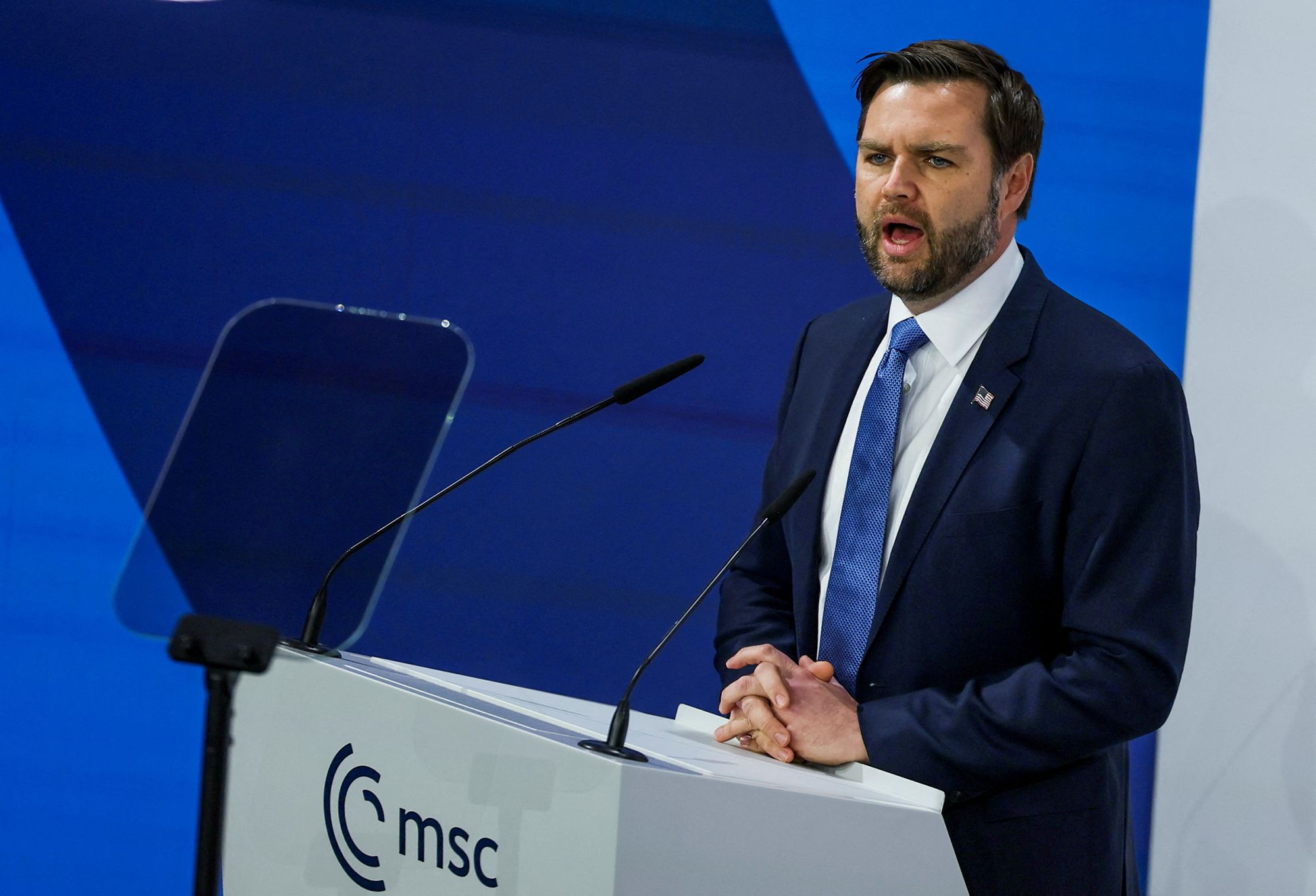At the Munich Security Conference on February 14, 2025, U.S. Vice President JD Vance delivered a provocative speech that has sent shockwaves through the transatlantic alliance. Known for his populist stance, Vance criticized European nations for what he perceives as a retreat from fundamental democratic principles, particularly free speech.
Critique of European Democratic Practices
Vance's address centered on the assertion that Europe's greatest threats are internal, stemming from policies that suppress dissenting voices. He highlighted incidents such as the conviction of a British ex-serviceman for praying outside an abortion clinic and Sweden's legal actions against a Christian activist for burning a Quran. These examples, according to Vance, exemplify a broader trend of eroding civil liberties across the continent.
He accused European leaders of employing "ugly, Soviet-era words like misinformation and disinformation" to stifle alternative viewpoints, suggesting that such tactics undermine the very fabric of democracy. Vance's remarks extended to the annulment of Romania's 2024 presidential election, which he likened to Soviet-era practices, questioning the resilience of European democratic institutions.
Implications for Transatlantic Relations
The Vice President's speech has been interpreted by many as a significant departure from traditional U.S. foreign policy, signaling a potential rift in U.S.-European relations. By openly criticizing European allies and questioning shared democratic values, Vance's address suggests a reevaluation of the longstanding transatlantic partnership. This ideological divide is further emphasized by his support for populist movements within Europe, urging nations like Germany to embrace these factions to preserve their democratic integrity.
European Leaders' Response
European officials have responded with a mix of shock and defiance. Many have defended their countries' commitment to democratic principles and rejected the notion of aligning with far-right parties. The speech has also reignited discussions about Europe's need to assert its own strength, with Ukrainian President Volodymyr Zelenskyy advocating for the formation of a European army to ensure the continent's security and autonomy.
A Call for Reassessment
Vance's address serves as a stark reminder of the evolving political landscape and the challenges facing the transatlantic alliance. It calls into question the future of U.S.-European relations and highlights the pressing need for a reassessment of shared values and collaborative strategies in addressing both internal and external threats to democracy.

